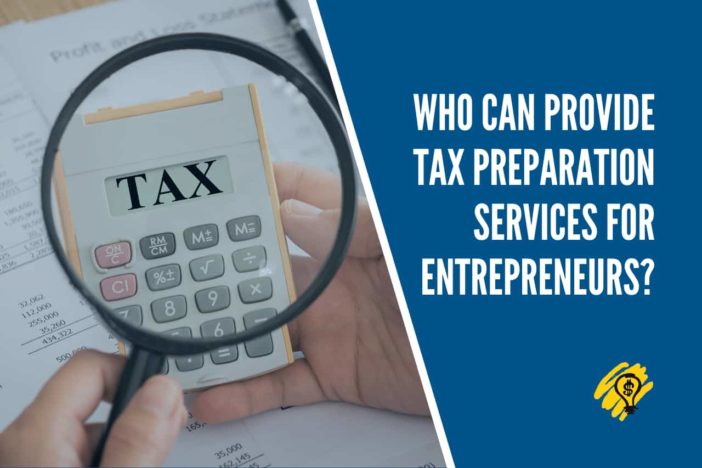For most of us, dealing with any tax issue is nerve-wracking, especially when you don’t understand half the jargon used for tax returns. If you’ve been using an expert to handle all your tax returns, you may have peace of mind, but what happens when you’ve been dealing with your tax returns on your own, or you haven’t been dealing with them at all?
What we all know is the IRS doesn’t view tax debt lightly, and if you’ve been accumulating tax debt, maybe it’s time to do something about it. Tax relief is an option, but before you get too excited, you need to know if you qualify. Also known as an offer in compromise (OIC), this form of tax relief comes with certain conditions.
When You Can Consider an Offer in Compromise
The Internal revenue Service (IRS) very clearly states when they would consider an offer in compromise.
1. Doubt as to Liability
The IRS will only consider an OIC if the taxpayer is able to prove they weren’t given sufficient time or opportunity to argue the liability. If the IRS can show proper documentation and assessments were sent to the taxpayer, this dispute will not hold.
2. Doubt as to Collectibility
If the taxpayer can prove without a doubt they can’t repay the debt, their offer in compromise may be considered. The taxpayer needs to be able to show the IRS their inability to pay back the tax debt. This can be shown by the taxpayer’s assets and income being less than the total tax debt owing.
3. Effective Tax Administration
If a taxpayer decides to go with effective tax administration as their reason for an OIC they’re accepting they owe the full tax debt. However, they’re asking for tax relief based on the premise such collection would be detrimental to their own economic well being.
What You Need to Do When Considering an OIC
The first consideration every taxpayer needs to take into account when deciding on an OIC is it’s not to be taken for granted. In reality, very few taxpayers end up qualifying for an offer in compromise. If you feel you fall into any of the three above conditions, then approaching the IRS for an OIC is possible.
It would be wise to engage with a tax law firm if you’re serious about presenting the IRS with an offer in compromise. They’ll be able to advise you and assist you if your claim is valid. Being eligible for OIC is not a simple process despite what many advertisers are telling you. So, go with the experts who know what they’re talking about.
A Final Word On an Offer In Compromise
When it comes to dealing with your tax, you want to make sure you’re doing it correctly. If not and you end up with tax debt, asking for an OIC may be challenging. An offer in compromise shouldn’t be taken lightly. Before you take this route, ask the tax experts for the best advice.





